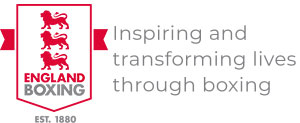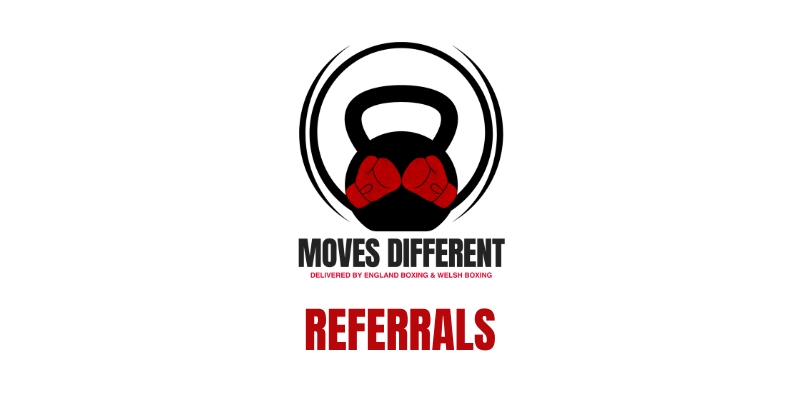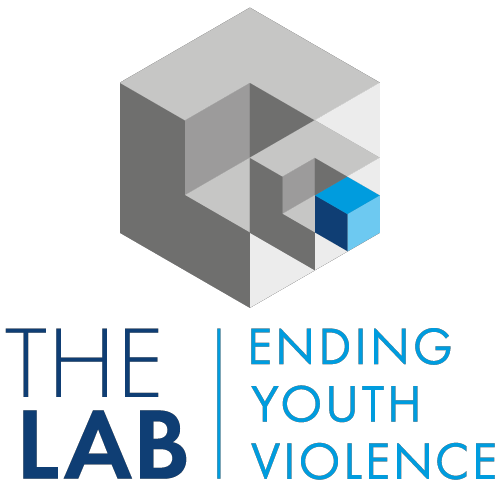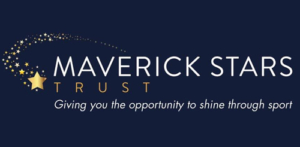How to make a Referral
We are looking for referrals to help us identify young people within school years 9-13 who may be facing challenges that put them at risk of becoming involved in crime, violence, or antisocial behaviour. This might include those who have been excluded from school, referred to alternative education, are connected to negative peer groups, or are dealing with difficult situations at home.
In line with our funding partners’ criteria, participants are randomly allocated one of two offers:
- Boxing: Boxing sessions that are designed to offer a positive space, learn new skills, and the chance to grow in confidence and purpose through boxing
- Gym: Fully funded access to a local gym.
Both excellent, no-cost opportunities for young people to get active.
To help identify these young people, we are reaching out to referral partners who know them best. This includes youth justice workers, school staff, police officers, charities, and community organisations supporting young people to reduce violence. Your insight and connection to young people make you a vital part of helping us ensure the right participants access this opportunity.
We are also looking for referrals from individuals or parents of young people who would benefit from being a part of this project.
Areas Covered:
We are currently focused in London, South Yorkshire, Leicestershire, West Midlands and Cardiff, expanding in summer 2026.
If you think the young people you work with could benefit, we encourage you to explore our FAQ section to learn more about eligibility, expectations, and how to make a referral. You’ll also find details on the application process and how to get in touch with our team.
Contact Us
Please get in touch with us via this form if you would like to request a callback regarding any aspect of the programme, such as clarification on data sharing, consent, young person eligibility, or if you require support to submit a referral.
FAQs on Referrals
What is the Youth Endowment Fund?
The Youth Endowment Fund (YEF) is a charitable trust established in 2019 with a £200 million endowment from the Home Office. Its mission is to prevent children and young people, particularly those aged 10 to 14, from becoming involved in violence.
To achieve this, YEF funds projects and programmes across England and Wales that aim to reduce youth violence, while ensuring each initiative is rigorously evaluated to understand what works, for whom, and why. They also publish research, toolkits, and guidance to help practitioners and policymakers use evidence effectively in their own work.
Find out more: youthendowmentfund.org.uk.
How does the project work?
Moves Different is the name of the research project being conducted by England Boxing and Welsh Boxing, funded by the Youth Endowment Fund, in partnership with the Ending Youth Violence Lab. The two strands of the project are made up of a Boxing cohort and a gym cohort.
- Boxing – Participants are enrolled on the boxing programme, where they receive access to two group boxing sessions per week for six months at one of our participating clubs.
- Gym – Participants are given a free gym membership to utilise.
This is completely randomised and designed to inform the research on whether boxing is an effective tool for creating a positive impact on a young person’s life. However, both strands offer the young person a fully funded opportunity to get active and try something new.
What does the boxing programme delivery look like, and what is expected of clubs?
Delivery of the Boxing programme is designed to fit seamlessly into a club’s existing operations while providing maximum impact for young people. Each club will deliver two, one-hour sessions per week, scheduled as close as possible to after school – ideally between 5–6 pm to allow for travel.
Sessions will need to be run by Level 1/ Welsh Boxing assistant coaches or above, with a Level 2 / Welsh Boxing Lead coach on hand to supervise sparring in line with England Boxing and Welsh Boxing rules. Groups will consist of up to 20 participants aged 14–18, with a recommended ratio of one coach for every 10 young people to ensure each participant gets the attention and support they need.
The programme runs in three cycles across eighteen months, with each club delivering 2-3 six-month boxing interventions. The first phase is the pilot, followed by two more six-month cycles. This structure allows clubs to build experience, refine their delivery, and see the difference they are making over time.
What criteria do boxing clubs have to meet?
The boxing sessions will be delivered by England Boxing or Welsh Boxing-affiliated clubs that have experience in delivering community projects and are willing to engage with the programme and data collection fully. Clubs need to provide evidence of safeguarding training, first aid certificates, as well as evidence of coaching qualifications to be able to take part.
Criteria Includes:
- Affiliated to England Boxing or Welsh Boxing
- Coaches are qualified and enhanced DBS checked
- Additional training, such as understanding mental health, trauma-informed training, and equality, diversity, and inclusion training
- Working within a designated police force area with an active Violence Reduction Unit.
What criteria do participants have to meet?
Young people may be successful in their application if they show one or more indicators of being at risk of crime, violence, or antisocial behaviour. These Include:
- They have been excluded from school (two or more fixed-term exclusions in the last 3 years or ever permanently excluded)
- They have been referred to alternative education provision (PRUs, other relevant educational settings)
- They are identified as engaging in violent/challenging/antisocial behaviours at home, school, or in the community
- They are known to associate with criminal peer groups/gangs
- They are known to engage in substance misuse
- They are known to have been exposed to domestic abuse in the home
- They are believed to be at risk of or currently experiencing criminal exploitation
- They have a sibling or close family member who has entered the criminal justice system
- Referrer can produce a compelling justification (on other grounds) that they are at risk of involvement in crime, violence or antisocial behaviour.
Who is ineligible?
A young person might not be eligible if:
- They are planning to move out of the local area within the delivery time frame (otherwise, they’re likely to drop out)
- They are known to have participated in criminal/problematic sexual behaviour (because this could pose a danger to other club members, and other services may be more appropriate)
- They are assessed to be at immediate risk of harm to themselves or others, or are experiencing active psychosis (because they would be unable to engage meaningfully and would be more appropriately supported by specialist services).
- They have participated in structured boxing training or classes for an extended period of time (more than 8 sessions) in the past (because if participants aren’t ‘new learners’, this will diminish our ability to demonstrate impact)
- They are known to have active conflicts or rivalries with other participants (because this could pose a danger to them, other club members, and staff).
How do I become a Referral Partner?
Set up a meeting with your Regional Project Lead to discuss the programme further and become one of our referral partners. Throughout the process, your Regional Project Lead will keep in touch to give you updates, as well as be on hand to answer any questions you might have.
We are looking for partners from a wide range of organisations such as Youth Justice Services, Charities, Schools and local crime prevention organisations.
What does the referral process look like?
Once you have identified someone within the correct age group and location who would benefit from the programme and you’ll fill out a referral form.
This will be assessed by the Regional Project Lead and eligible candidates will be submitted to an independent evaluator who will randomly split participants into one of the two strands. Ineligible candidates will be signposted to other opportunities and support within their area.
How will success be measured?
Data will be collected via club registers, police data, applications and surveys completed by the boxing clubs and coaches, as well as young person satisfaction/outcome surveys completed by all the participants.
Can I refer someone if I don’t work in the occupations highlighted?
Yes, we welcome referrals from informal partners too, such as parents, carers, family members and community leaders. We also accept self-referrals direct from young people (with parental consent). Drop an email to the relevant Regional Project Lead to find out more.
Contacts
Louise Vidor
Project Manager
Kirsty McMahon
London and Hamps
Michelle Butler
West Mids and Leics
Holly Boden
South Yorkshire
Francesca Russell
Wales
















